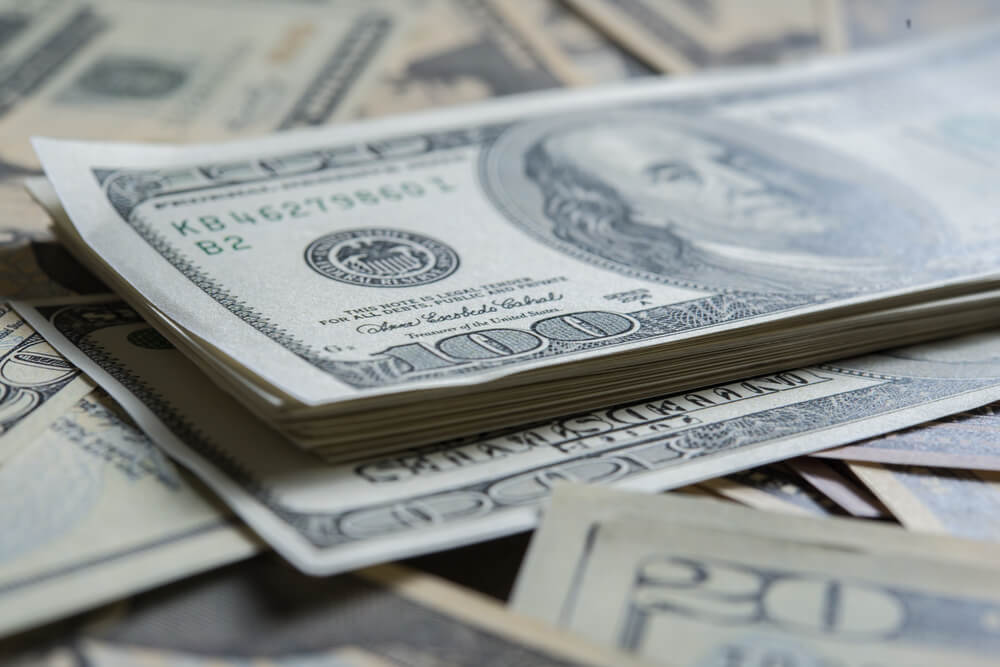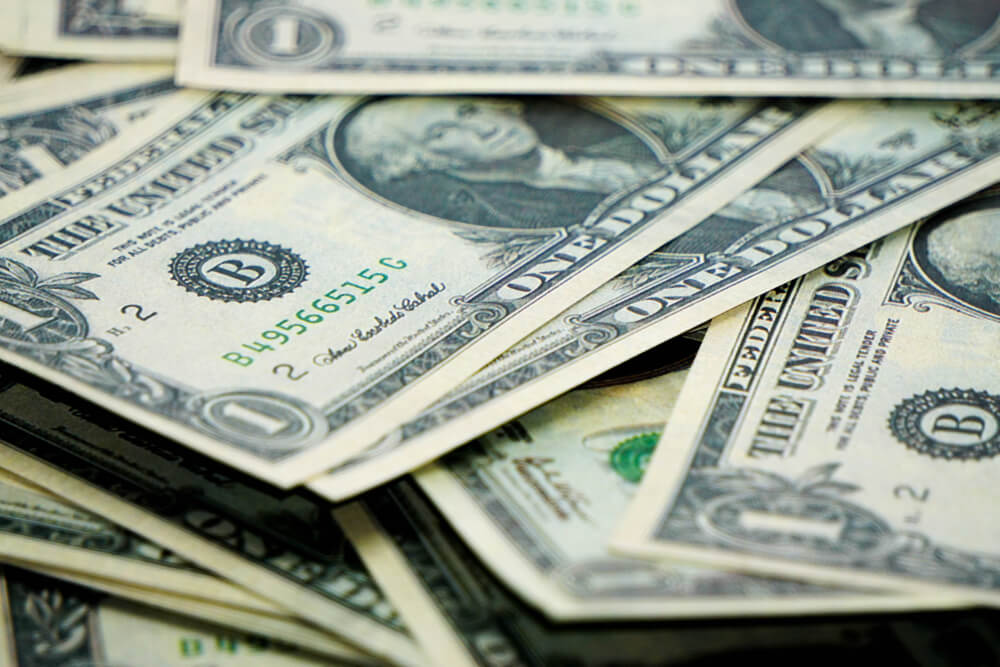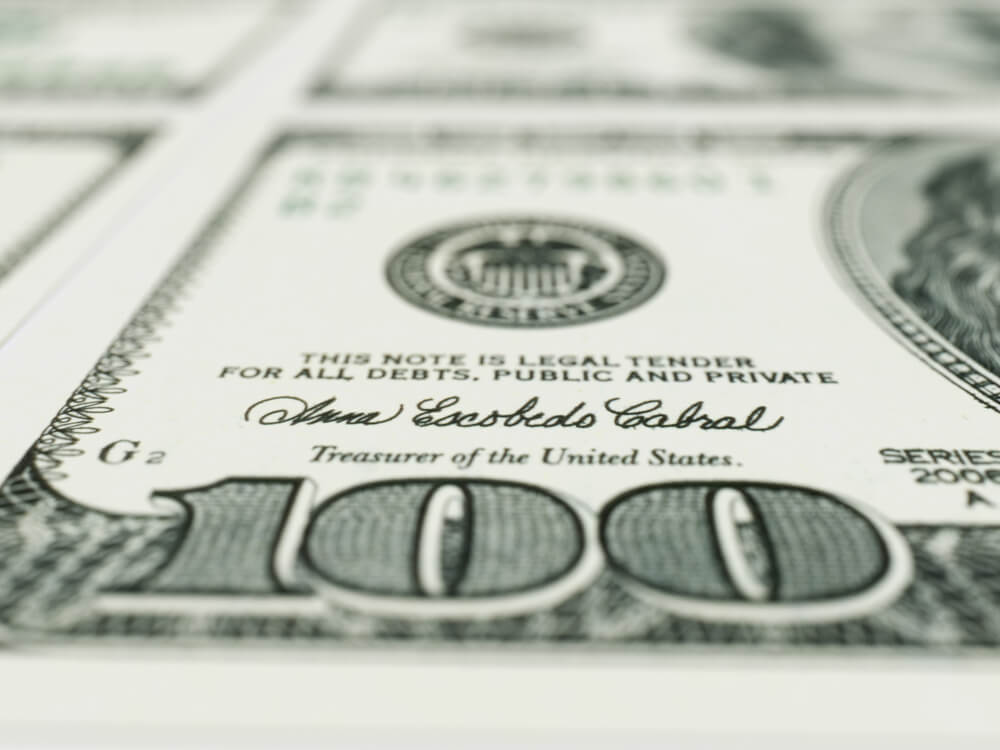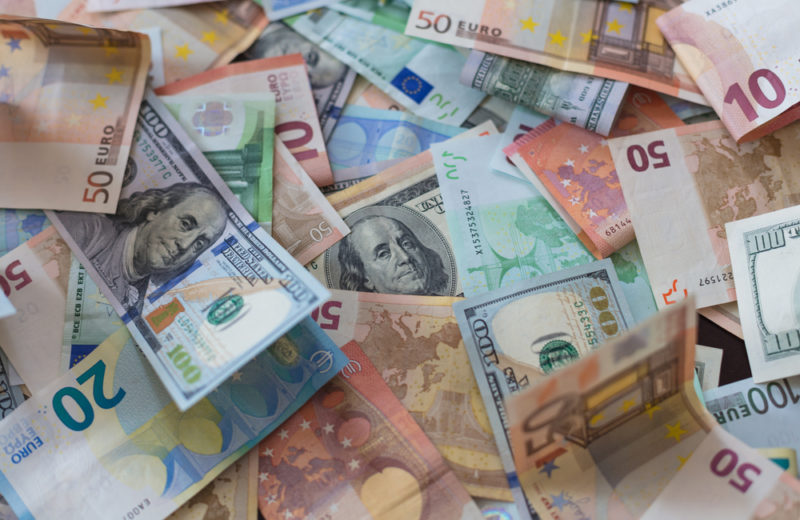The dollar rose in early European forex trading Friday, with Federal Reserve Chairman Jerome Powell dismissing concerns over rising Treasury yields.
The Dollar Index was up 0.1% at 91.760, a three-month high, at 3:55 AM ET (0755 GMT).
EUR/USD slid 0.1% to 1.1957, just off a new three-month low. GBP/USD slipped 0.2% to 1.3872.
Earlier in the session, USD/JPY added 0.3% at 108.25, climbing to an eight-month high. The risk-sensitive AUD/USD sank 0.2% to 0.7710.
Moreover, USD/CNY added 0.1% to 6.4740. China has set a conservative economic growth target of above 6% for 2021 as the National People’s Congress (NPC) opened earlier in the day.
The benchmark 10-year Treasury yield was back above 1.5%, rising as high as 1.58%. It was not far off the one-year peak of 1.61% hit last week.
In Thursday’s conference, Powell said that the sell-off in U.S. government bonds was not “disorderly”. It was not likely to push long-term rates so high that the Fed might have to intervene more forcefully.
Furthermore, he reiterated a commitment to maintaining an ultra-easy monetary policy. That’s until the economy is “very far along the road to recovery.”
It seems clear that upside risks to U.S. yields will dominate into the Federal Reserve meeting of 17 March. This leaves both risk assets and short dollar positions vulnerable, according to ING analysts.
Market Volatility
It has been quite a night for market volatility, National Australia Bank head of forex strategy Ray Attrill said in a note. The bond market was the center of attention. The market seemed to be looking for the Fed Chairman to push back harder on the recent increase in yields, Attrill said.
The greenback has been buoyed by higher Treasury yields and the growth in risk aversion brought about by the bond rout.
Meanwhile, investors are looking to developments in the latest U.S. stimulus measures. On Thursday, the U.S. Senate voted to take up President Joe Biden’s $19 trillion stimulus package bill. It is widely expected to approve it when the debate concludes over the weekend.
The continuous global rollout of COVID-19 vaccines also adds to fears of higher inflation. This, in turn, heightens hopes for a quick global economic recovery.
Commodity-linked currencies, such as the antipodean AUD and NZD, have been hurt by the souring mood. This is even as some investors expect them to gain as economies reopen after the pandemic.















